What are the 'fundamental facts' of the new coronavirus infection?

On April 8, 2020, the number of new coronavirus infections (COVID-19) confirmed in Japan on the 1st
What we do (and don't) know about the coronavirus | David Heymann-YouTube
This movie was recorded on February 27, 2020, when the number of people infected with COVID-19 worldwide reached over 82,000.
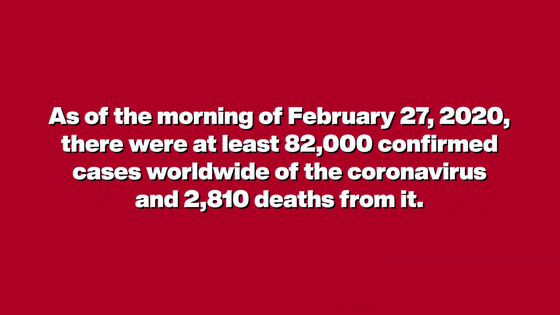
In response to the question 'What happens if I get COVID-19?', Professor Hayman said, 'Most people have mild symptoms like a common cold, but certain people are more severe.' 'Medical professionals are more likely to become seriously ill.' Healthcare workers are exposed to a larger amount of the virus than ordinary people, so the symptoms will get worse. The general population is not exposed to a large amount of the virus, so it is likely to be mild.
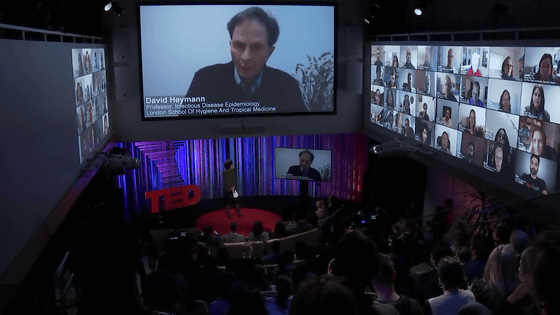
He added, 'If you are elderly or have a basic medical condition, it is essential to receive treatment at a medical institution.' This is thought to be due to
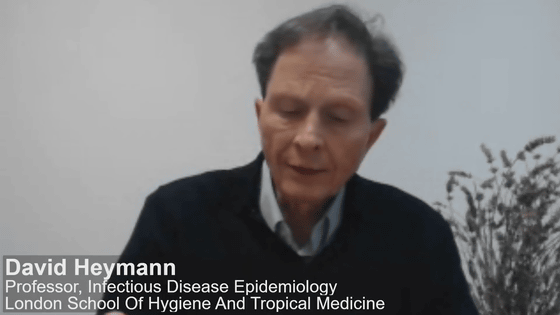
When asked, 'Who cares most about COVID-19?' He said, 'People from developing countries.' In developing countries, there is even a case where there is no doctor in the area, so there is a high possibility that the pandemic will expand. In the case of developed countries, 'elderly people with underlying diseases such as diabetes' should pay particular attention to COVID-19 for the reasons mentioned above.

When asked, 'What are the pre-existing people at high risk for severe illness?' He said, 'First and foremost, those who already have respiratory disease are at higher risk.' He emphasized repeatedly that 'the elderly are at a greater risk of illness because of their reduced immunity,' he said. In addition, there have been cases of influenza and cases of pneumonia and infection with other types of bacteria.
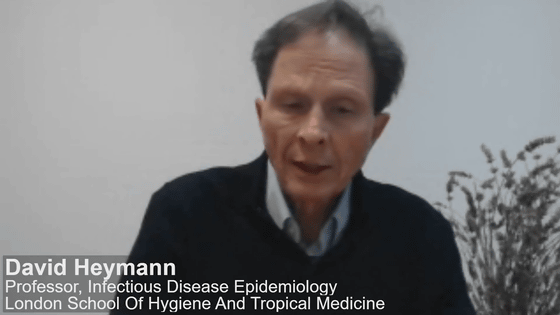
When asked the question 'Where to get the latest information?' Professor Hayman first listed the

Professor Hayman led the global response when
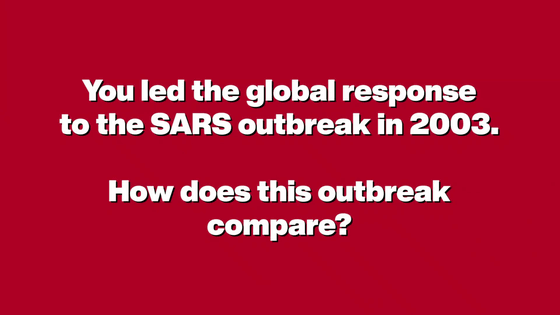
Also, at the time of recording this movie, the total deaths of COVID-19 had already exceeded the total deaths of SARS, but Professor Hayman said, 'The fatality rate of SARS was 10%, but COVID-19 is 2%. It is estimated that it is about that '' It is said that the mortality rate is lower compared to SARS '.
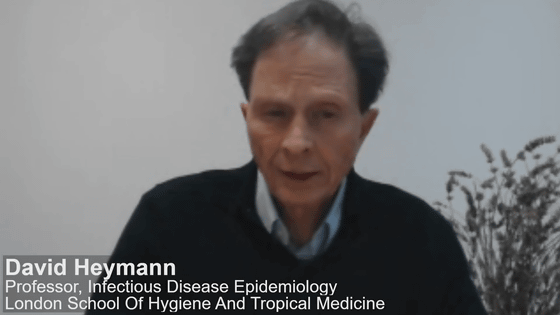
In addition, regarding the situation where COVID-19, which is thought to have occurred in China, is spreading overseas, there was a question asking, 'Is quarantine at airports and other borders performed properly?' `` Because it is not possible to find infected people during the

In response to the question, 'When will the vaccine be completed?' As of February 27, 2020, Professor Hayman said, 'It's still in the research phase, but animal testing will start soon with some vaccines.' Once completed, it will take more than a year for it to become generally available, as it will be approved by regulatory authorities and put into practical use. ' In addition,

When asked the question, 'Is there any unidentified problem in this outbreak?', 'While we know how to spread the virus, how the infection spreads inside the community and in open spaces. Is not known. ' Heyman explained that while it is

Dr. Hayman also discussed the `` how to improve global response '' in the discussion of how to stop the outbreak in developed countries during the epidemic of Ebola, `` The ability to detect infection in developing countries As an example, he pointed out that 'we must stop the spread of infections in developing countries by dispatching personnel and others in developed countries.' He said that 'how to help infected countries' is important.
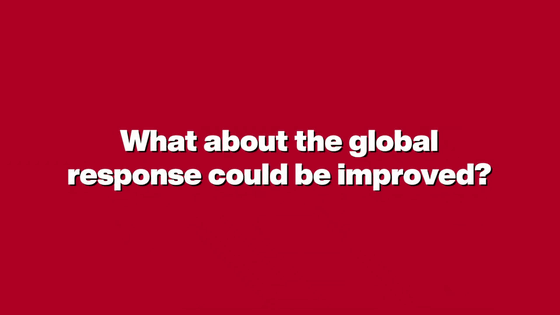
Asked, 'Will the frequency of new outbreaks increase in the future?' Said Hayman, 'If the population increases, everyone will live close together. And the need for livestock to increase the number of livestock, so the distance between livestock and humans, and between livestock and livestock, is getting closer and more breeding ground for outbreaks. ' Is just a warning of what will happen in the future. '
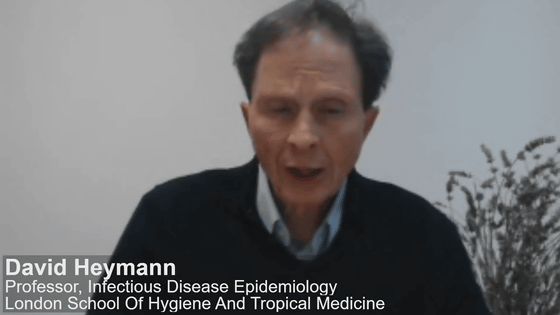
Finally, Professor Hayman said, 'We cannot predict the future, but we need to learn how to protect ourselves and others against COVID-19 in case of the worst.'
Related Posts:
in Video, Posted by darkhorse_log







